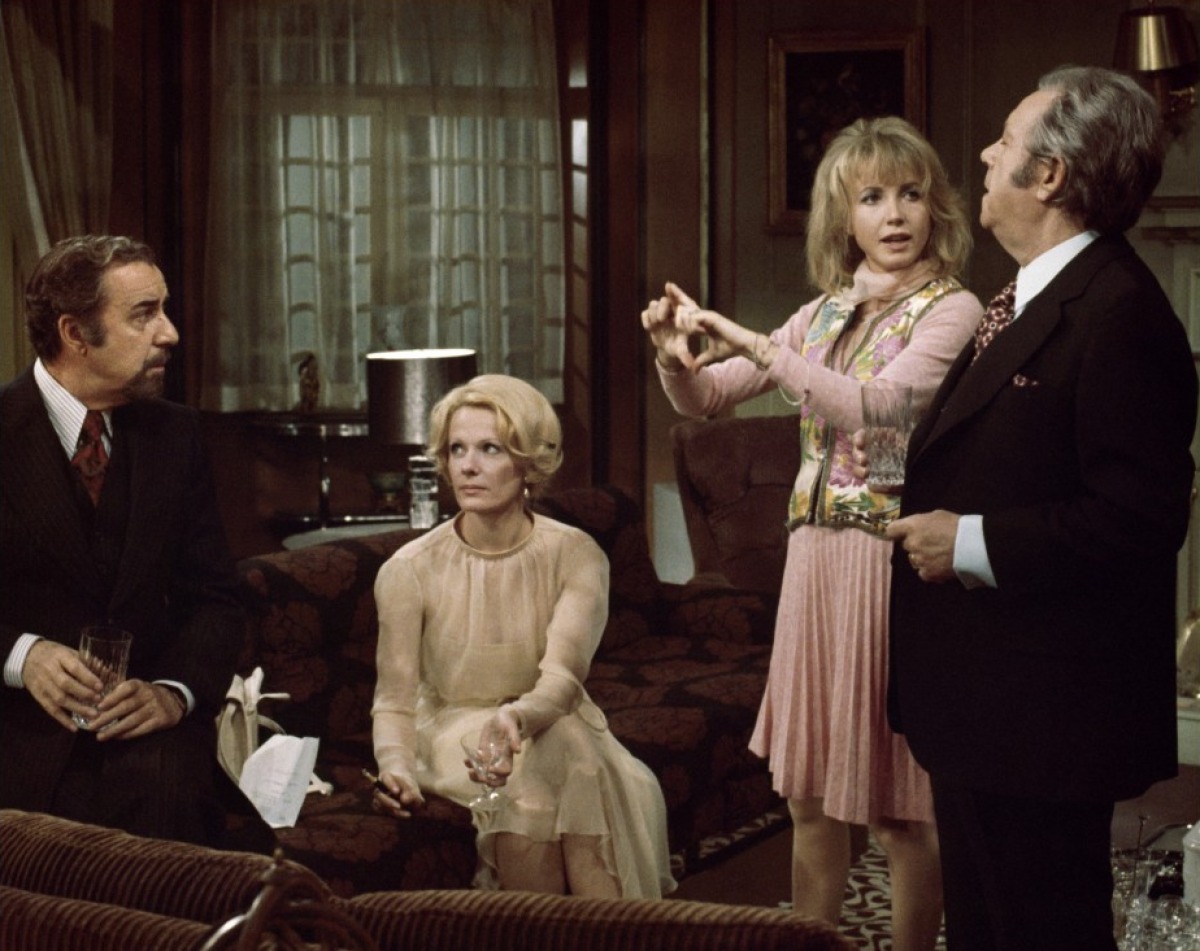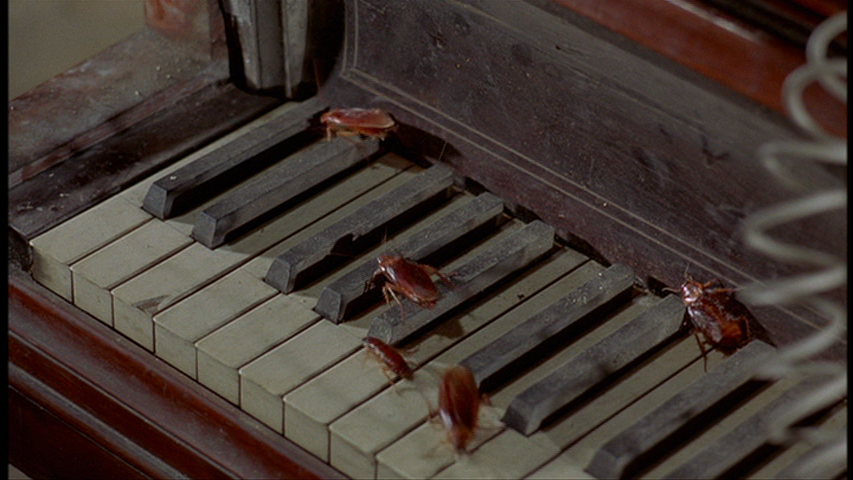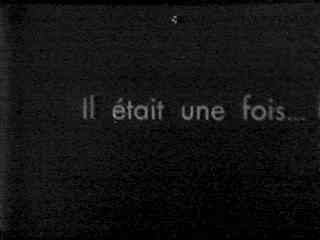Preface to the Argentinian edition of MOVIE MUTATIONS (2002)
The following was written specifically for the first (and much shorter) edition of Movie Mutations, a collection of nine letters published in Spanish translation by Ediciones Nuevos Tiempos as Movie Mutations: Cartas de cine in the spring of 2002 at the 4th Buenos Aires International Festival of Independent Cinema, and revised only slightly for its publication here. (It originally appeared in English in the online Senses of Cinema, May-June 2002.) — J.R.
***
March 23, 2002
Dear Quintín and Flavia (1),
I guess it must seem excessive, starting off a book of letters with yet another letter –- and rounding off a neat dozen of them with an unlucky thirteenth in the bargain. Skeptics who will find the following correspondence too chummy and cozy for comfort are apt to be equally or even more irritated by this Preface, but I can’t see any way out of this dilemma. When you, Flavia, asked me to write this less than a week ago -– emailing me that as the instigator of a project called “Movie Mutations”, I should be the one to introduce it in its initial book form — my first rude response, uttered only to myself, was, “But haven’t I done this already? Read more




